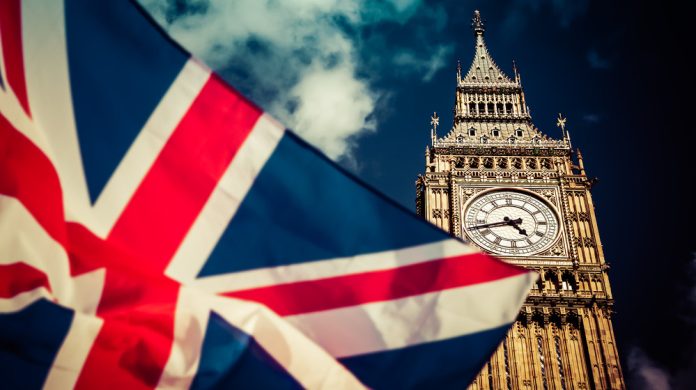GamCare has provided its perspective on the financial risk checks for certain players that have been proposed in the UK government’s gambling white paper.
Following the closure of the UK Gambling Commission’s consultation on financial checks, GamCare Trustee Jill Britton has explained the gambling charity’s position on the proposed measures.
Britton began by noting that the ‘need for some form of financial check is clear’ as those that are ‘most susceptible to harm can resort to consumer credit to fund their gambling’.
GamCare then covered the two types of financial checks that the UKGC recently sought guidance from gambling stakeholders about – financial vulnerability checks and financial risk assessments.
The UKGC’s CEO Andrew Rhodes published a blog post and video in September addressing the “misunderstandings around financial risk checks and what they really mean”, answering questions to “clarify the most frequent misconceptions”.
GamCare recognised that the gambling commission has a ‘difficult, but essential’ task of ‘drawing red lines in a grey area’ as to when the thresholds for these checks should take place.
Britton also provided the thoughts of the charity’s lived experience community, who noted that the introduction of financial checks is a ‘positive stride towards player safeguarding’.
Over 90 per cent of their lived experience community said it was a positive move that financial vulnerability checks were to be put in place, while 100 per cent supported enhanced financial checks following unusual loss patterns.
Yet, the lived experience community is concerned about how financial checks could be implemented by the UKGC and the government, as they believe there is not ‘a single customer view’ of all accounts held by a user.
GamCare stated that oversight could occur if players making numerous accounts across various operators and suffering significant losses go unnoticed until it is too late.
Britton brought attention to the threshold levels as well, as the charity believes ‘the proposed threshold for a financial risk assessment related to binge activity of more than £1,000 in a rolling 24 hours is too significant an amount to lose before an intervention’.
In turn, GamCare claimed that a player could hold ten accounts and potentially lose £10,000 a day across them before any intervention occurs, which is a ‘significant concern’.
The charity added that the checks would have made ‘little difference’ to the 63 per cent of people who reported debt due to gambling within the National Gambling Support Network in 2021/22.
As a result, GamCare is ‘advocating for stronger checks when accounts are opened to proactively address potential financial hardship for vulnerable players’.
Britton noted that while there is an argument against stronger checks and lower thresholds could see players shift to the illegal market, further research is needed as the ‘evidence supporting this displacement is far from clear’ and that if checks are unintrusive, the incentive to shift is reduced.
GamCare concluded by stating that setting the exact figures for financial vulnerability checks is a ‘daunting’ but necessary task, and as the proposals move forward, it will ‘continue to advocate for maximising player protections wherever possible’.










